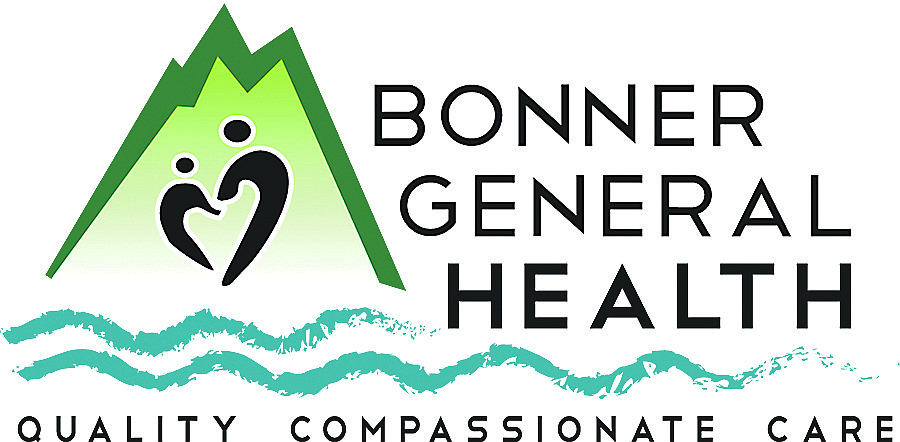Tap into the power of positive thinking
Whatever you’re celebrating today, I hope it makes you happy. That’s because people who are happy typically have a positive, optimistic outlook on life. And tapping into the power of positive thinking can make you healthier and live longer.
There are many studies about attitudes and health. One that was conducted by Johns Hopkins Medicine found that people with a family history of heart disease who had a positive outlook were one-third less likely to have a heart attack or other cardiovascular event within five to 25 years, than those with a negative outlook.
“The team determined ‘positive’ versus ‘negative’ outlook using a survey tool that assesses a person’s cheerfulness, energy level, anxiety levels and satisfaction with health and overall life,” Johns Hopkins website says.
They said that additional studies have found that having a positive attitude improves outcomes and life satisfaction across a spectrum of conditions including traumatic brain injury, stroke and brain tumors. Mayo Clinic says that researchers have found benefits that include increased life span, lower rates of depression, distress and pain, a greater resistance to illness, and reduced risk of death from cancer, respiratory diseases and infections.
Although we’re not necessarily born with a positive personality, there are steps we can take to improve our outlook, and in turn, our health. It just takes a little time and discipline. And the National Institutes of Health points out that “having a positive outlook doesn’t mean you never feel negative emotions, such as sadness or anger. All emotions are adaptive in the right circumstances. The key seems to be finding a balance between the two.”
Mayo says that we shouldn’t ignore life’s less pleasant situations. “Positive thinking just means that you approach unpleasantness in a more positive and productive way. You think the best is going to happen, not the worst.”
So, let’s put this into action. Mayo says that positive thinking can start with self-talk. This is the “endless stream of unspoken thoughts that run through your head. Some of your self-talk comes from logic and reason. Other self-talk may arise from misconceptions that you create because of lack of information or expectations due to preconceived ideas of what may happen.”
Negative self-talk takes many forms. You had a great day. You got lots of compliments. But instead of celebrating, you focus on all the things you think you should have done. Mayo calls that filtering. “You magnify the negative aspects of a situation and filter out all the positive ones.”
If you automatically anticipate the worst, without facts that the worst will happen, or you automatically blame yourself when something bad happens, or you avoid being responsible for your actions, or make a big deal out of minor problems, you’re practicing negative self-talk. It’s also negative self-talk if you see everything as either good or bad without any middle ground, or you set the bar so high you set yourself up for failure.
So how do you turn negative self-talk to positive self-talk? I thought you’d never ask. Mayo explains, “If you want to become more optimistic and engage in more positive thinking, first identify areas of your life that you usually think negatively about, whether it’s work, your daily commute, life changes or a relationship. You can start small by focusing on one area to approach in a more positive way. Think of a positive thought to manage your stress instead of a negative one.”
Check yourself periodically during the day. Stop and evaluate what you’re thinking. Try to put a positive spin on those negative thoughts. Mayo says to be open to humor and to laugh at life. Johns Hopkins tells of a University of Kansas study that found that smiling, even fake smiling, reduces heart rate and blood pressure during stressful situations.
The one tool to increase positivity that I personally like best is to start with one simple rule: never say anything to yourself that you wouldn’t say to anyone else.
Mayo puts it nicely, “Be gentle and encouraging with yourself. If a negative thought enters your mind, evaluate it rationally and respond with affirmations of what is good about you. Think about things you’re thankful for in your life.”
I’m thankful for all of you, and sincerely hope your holidays are joyful.
Kathy Hubbard is a member of the Bonner General Health Foundation Advisory Council. She can be reached at kathyleehubbard@yahoo.com.

